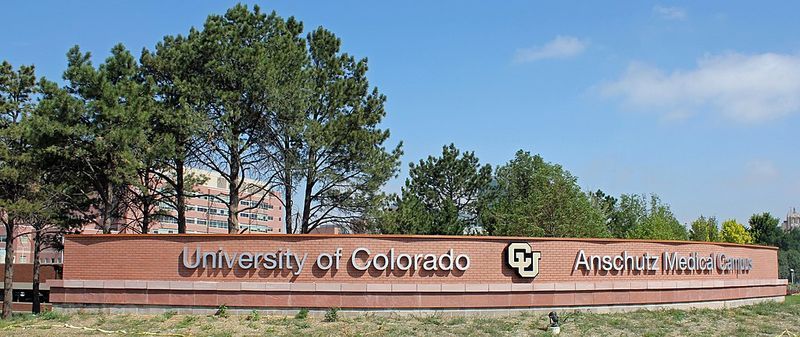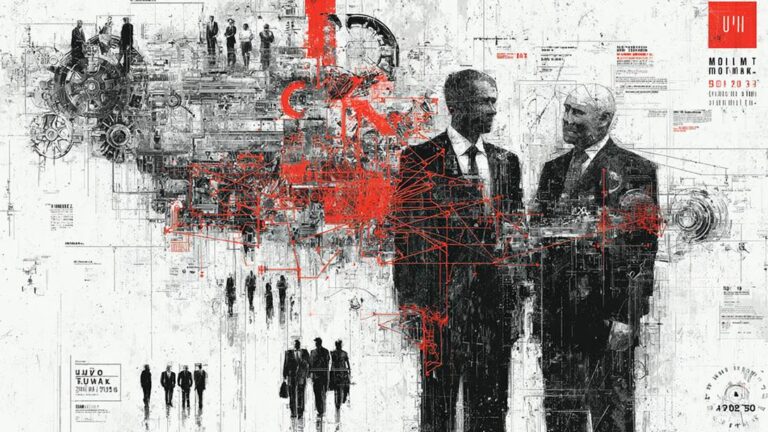Thomas More Society Defending Conscience Rights of Fired Staff and Expelled Students Against Discriminatory Mandate
The United States Court of Appeals for the Tenth Circuit reversed a lower court decision on May 7, 2024, issuing a 55-page ruling holding that the University of Colorado Anschutz School of Medicine’s policies refusing religious exemptions to its COVID-19 vaccination mandate were “motivated by religious animus” and unconstitutional under the First Amendment’s Religion Clauses.
In addition to finding religious animus, the Court found that the vaccine mandates of the University’s Anschutz Medical Campus granted “exemptions for some religions, but not others, because of differences in their religious doctrines” and granted “secular exemptions on more favorable terms than religious exemptions,” all of which was illegal.
The court also reaffirmed the First Amendment principle that government may not test the sincerity of employees’ religious beliefs by judging the legitimacy of those doctrines.
The Court also held that the University’s mandates violated “clearly established” constitutional rights.
In the appeal, filed in March 2022, Thomas More Society represented 17 faculty and students who asserted that the university refused to accommodate their sincerely and deeply held religious objections that prevented them from taking the vaccine.
Peter Breen, Thomas More Society Executive Vice President & Head of Litigation, said: “The University of Colorado ran roughshod overstaff and students of faith during COVID, and the Court of Appeals has now declared plainly what we’ve fought to establish for almost three years:
The University acted with ‘religious animus’ and flagrantly violated the fundamental religious liberties of these brave healthcare providers and students.
These medical providers were hailed as heroes, as they served bravely on the front lines through the worst of the pandemic, but when their religious principles conflicted with the beliefs of University of Colorado bureaucrats, these heroes were callously tossed aside.”
“With this ruling in favor of our clients, the Court of Appeals has made clear that people of faith are not second-class citizens—they are deserving of full respect and the protection of the United States Constitution in their free exercise of religion.
By unlawfully and intrusively probing our staff and students’ religious beliefs, the University rendered value judgments that not only reeked of religious bigotry but violated our clients’ constitutional rights, as well as basic decency.
We are grateful for this strong court decision in favor of religious liberty. The Court of Appeals correctly ruled that no government entity has the right to appoint itself as a doctrinal tribunal that defines which religious beliefs count as deeply and sincerely held and deem those religious beliefs valid or invalid.
We are also encouraged that this ruling reaffirms and strengthens our bedrock First Amendment protections for countless many others into the future.”
The Court of Appeals decision highlighted several specific instances of blatantly illegal religious discrimination, including the following:
. . . the Administration decided that “it is ‘morally acceptable’ for Roman Catholics to take vaccines against COVID-19,” and that any Roman Catholic objections to the COVID-19 vaccine are “personal beliefs,” not “religious beliefs.” Id. at 1162–63. As a result, the Administration would not grant exemptions to Roman Catholic applicants under the September 1 Policy. (Slip Opinion, p. 5.)
And the following:
CLICK HERE TO READ MORE FROM THE REPUBLICAN VOICE
. . . the Administration refused to approve any exemptions for Buddhist applicants under the September 1 Policy. Nor would the Administration approve any exemptions for members of the Roman Catholic Church or the Eastern Orthodox Church. At the same time, the Administration admitted it would approve applications from practitioners of select, favored religions, such as Christian Scientists. (Slip Opinion, p. 30.)
And the following:
a government policy that grants an exemption “for medical reasons” but denies the same exemption “for religious reasons” is not generally applicable, as it “devalues religious reasons . . . by judging them to be of lesser import than nonreligious reasons.”
The September 24 Policy on its face makes a value judgment in favor of secular motivations because it has a lower bar for denying religious exemptions.
The University of Colorado Anschutz Medical Campus is the academic health sciences campus in Aurora, Colorado, which houses the University of Colorado’s six health sciences-related schools and colleges.
In September 2021, the University enacted and enforced a policy that all students, employees, and other individuals “who currently or may in the future access any CU Anschutz facility or participate in any CU Anschutz program” or otherwise interact with members of the Anschutz community “regardless of location” must “become fully vaccinated against COVID-19 with a vaccine that has been approved by the World Health Organization.”
Under its September 1, 2021 policy, the University declared that it would only accept requests for religious exemptions from those whose religions taught that all vaccines are forbidden.
In addition, those seeking exemptions were forced to justify their religious beliefs with intrusive and illegal questioning.
Under its September 24, 2021 policy, the University entirely excluded students from religious exemptions and provided for medical exemptions on more generous terms than religious exemptions.
Thomas More Society attorneys filed their lawsuit in September 2021, in the U.S. District Court for the District of Colorado against the University of Colorado, the chancellor of the Anschutz School of Medicine and the school’s senior associate dean of medical education.
CLICK HERE TO READ MORE FROM THE REPUBLICAN VOICE
The original lawsuit was filed for a Catholic doctor and a Buddhist student, who were unable to take the vaccine due to their sincerely and deeply held religious convictions, and in October 2021, over a dozen additional staff and students were added to the lawsuit.
They are seeking injunctive relief, damages, and attorney’s fees against the University for its unlawful discrimination and violations of fundamental constitutional rights.
Read the May 7, 2024 decision by the United States Court of Appeals for the Tenth Circuit in Jane Does 1-11 and John Does 1, 3-7 v. The Board of Regents of the University of Colorado, et al. here.
Read our Appellants’ Opening Brief, filed on March 18, 2022, in the United States Court of Appeals for the Tenth Circuit, in Jane Does 1-11, and John Does 1, 3-7 v. Board of Regents of The University of Colorado, et al. here.


























